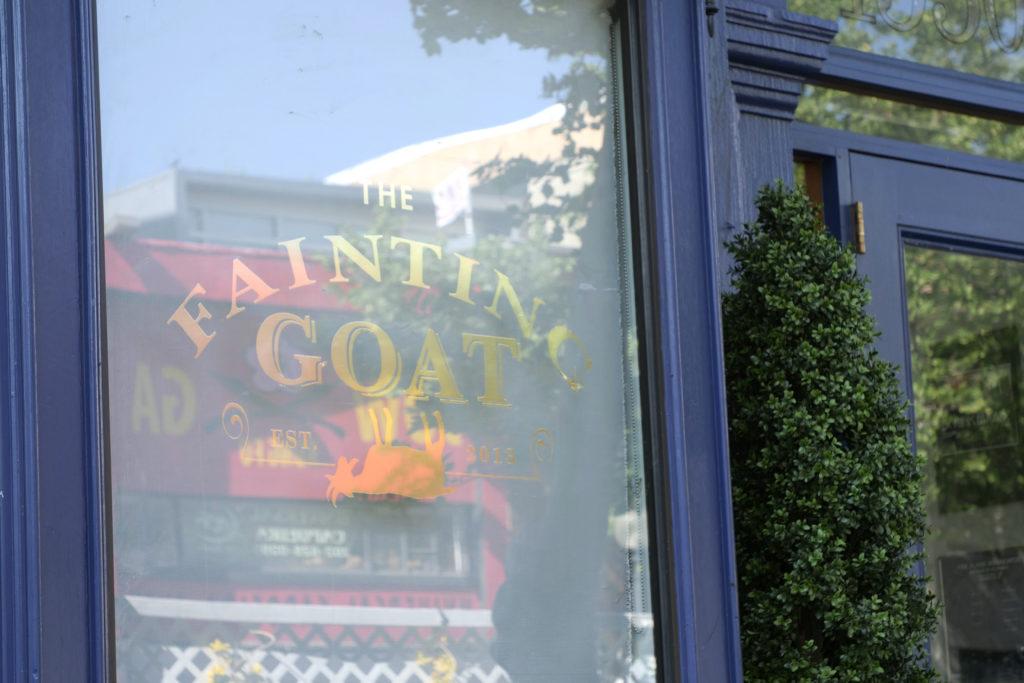Marisa Ranieri remembers her father telling her when she was a kid that, “If you want to change the world, Africa is the first place to start.”
Ranieri, who spent part of her junior year in Kenya, said she will continue her studies of African culture and development in Tanzania over the next year.
After spending two years studying Swahili at Howard University, the international affairs major studying East Africa will brush up on her language skills before departing in August to teach English to about 50 Swahili-speaking high school students.
Living in housing designated for local teachers, she will work for a nonprofit called WorldTeach that sends students overseas to teach in developing countries. Half of Tanzania’s students do not pass primary school, and only 10 percent graduate from secondary school, Ranieri said.
“What do [Tanzanian people] think needs to be done, and how can I do that? What resources can I bring from here over there and connect to make the world a little smaller,” Ranieri said, adding that she is excited to work as one of 12 volunteers in the region.
The Pi Beta Phi member and peer adviser in the Elliott School of International Affairs hopes her Tanzanian teaching job will expose her to community customs like going to church on Sundays or cooking pilau for dinner.
“However they define their community, I would love to be a part of that,” Ranieri said. “I want to cook all the local food.”
Ranieri was one of about 1,200 students who attended the Clinton Global Initiative University conference hosted by GW in March, which called for participants to pitch a commitment that tackled a global issue. Her project, a fundraising campaign and interactive website, looks to connect students from other countries to spur cultural exchange.
The website, Tanzania 365, allows American and Tanzanian students to send messages to each other, an opportunity that facilitates cultural dialogue and would help Tanzanian students get hands-on English experience. It is also a platform to draw attention to the woefully understaffed and underfunded region, Ranieri said, and potentially attract donations for her classroom and inspire others to volunteer.
Donors earn mentions in blog posts on the website, based on the size of the contribution. A $10 gift earns a shout out in a blog post, while donations of $50 get their logo on her website and $100 donors can post promotional materials.
While attending CGI U, Ranieri said she met students across the country who are doing leading projects in the region, along with someone willing to give books to her classroom.
“It’s been a really great experience – not only the three days that they were on GW’s campus – but the longer benefit that I’ve gotten from it,” Ranieri said.
Ranieri recalled wearing long dresses for much of her time in Kenya during her junior year, a cultural contrast she said she grew accustomed to. She added that she is considering pursuing a graduate degree in human rights or African studies.
“I will be trying to find my way back to Africa my whole life, trying to find careers that would bring me back,” Ranieri said.







